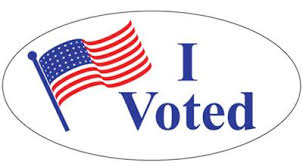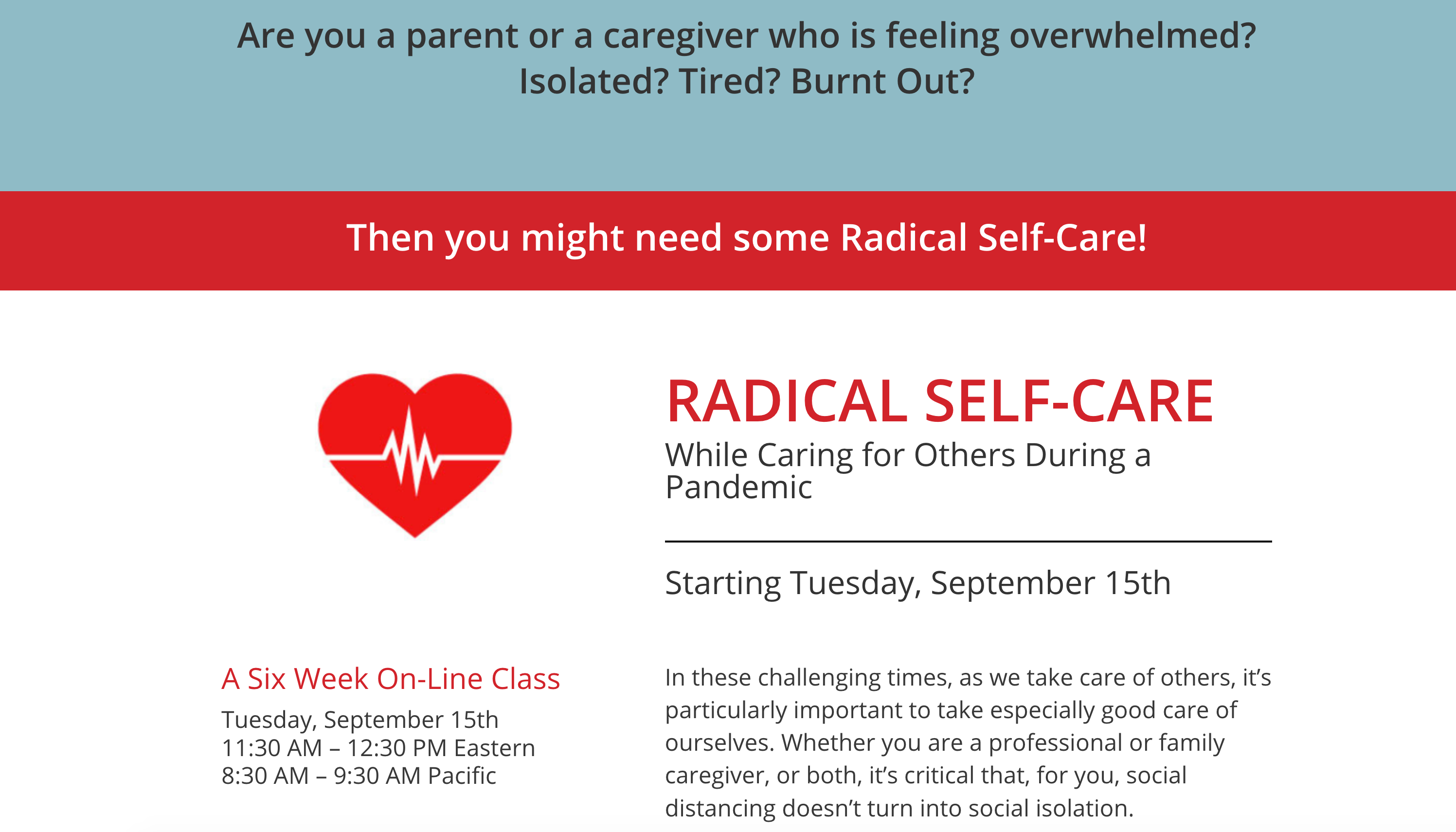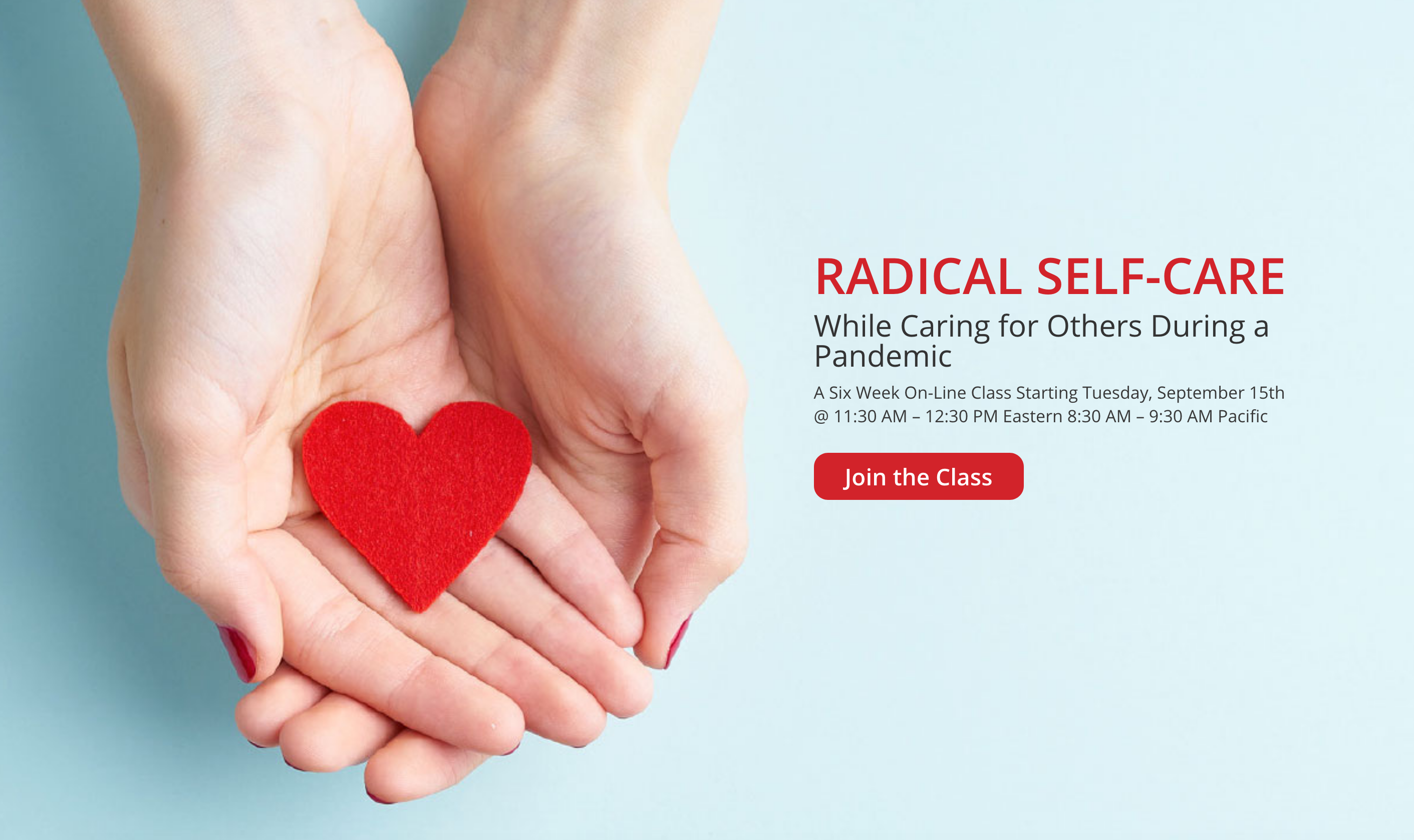
Here we are just two months from a major U.S election, with the smell of fall in the air, and I’m nostalgic for pre-elections past. I’m missing gathering at an organizers home to pick up flyers and steal a cookie from the snack table set up for volunteers. I’m missing walking the neighborhoods, climbing hills and stairs to find a door to knock on, and someone to talk with about voting and our part in the future of our democracy.
I learned a lot about Pittsburgh’s neighborhoods this way. I believed what I had been told that Pittsburgh didn’t have any Mexican immigrants until I was sent to canvas somewhere in the north hills in a development of duplexes. I knocked on doors and helped get the vote out for my candidate.
Coming home I couldn’t wait to tell my husband my discovery. “I found the Mexicans,” I told him. “They were behind every door I knocked on. Now that we know where they live, we might check that neighborhood for the kind of Mexican restaurant we got used to in Texas.”
A few weeks ago, coming up on this election I joined a phone bank to reach out to voters by telephone which seems to be the only safe way to try and reach them. I have to say, it’s been most discouraging. I’ve been feeling like a robot could do what I’ve been doing and that maybe I’m wasting my time. For example, last night the total calls made by my whole group was 1,399 and the number we actually spoke to or canvassed was 114 voters. I personally made 41 calls in 2 ½ hours and spoke to 3 people. Turns out people don’t answer their phone, or they aren’t home sheltering in place even though that’s what most of us are supposed to be doing during this pandemic.
After I hung up from the quite lengthy third of my conversations last night I recognized this phone canvasing isn’t about them, it’s about me. It’s about me understanding what we’re really all up against in this election.
The first person to answer their phone was a polite gentleman with a somewhat melodic tone to his voice. He told me quite simply that he and his friends had decided who they was going to vote for for president. In fact, they were voting for the same person they voted for three and a half years ago, Donald Trump. When I asked, “What is your thinking behind that?, he continued, again most politely, to say that the economy and job market have been good for him and his friends, (of course before Covid), But they were confident that the welfare of he and his friends would be served by staying with this choice. There was no mention of anything else. No larger issues. Just he and his friends.
The second call was answered by the wife of the 89-year old man I was calling. She stopped me soon into my introduction to say, “I am his wife, and my husband died last week. So take him off your roles.” I offered my condolences and did as she requested. This served to remind me that we never know for sure how many elections we’ll be here for.
The third conversation was with a 61-year old man who was eager to talk. He seemed conflicted and undecided about what to do about his vote for president. He told me that he and his family for many generations back were working folks like himself and they have always been Democrats. As he described it, his working-class ancestors “would enter the voting booth and pull one lever.” He himself would occasionally split his vote if he thought someone was particularly well qualified or “a good man,” but mostly he voted for Democrats. He voted for Obama. He voted for Hillary but he couldn’t imagine how he could vote for Biden.
As I explored his thinking, addressing issues as he raised them, at every turn he was in possession of the most bizarre pieces of disinformation. He admitted that I raised some good points and gave him something to think about, but he was clearly unable to integrate new information about someone’s life that didn’t fit neatly into what he had been told about them. I ended the conversation by noting that he and I got our news from different sources. I suggested he consider shopping around a bit to other sources of news and information than the ones he has been relying on.
I awoke after a somewhat fitful night, remembering something my friend Linda told me that seemed a glimmer of hope. Since the pandemic began she and her husband have been having a weekly game night on Zoom with their children and grandchildren who live on both coasts. But this past week they had a work session on-line together instead. During the session they each wrote letters and post cards to people to encourage them to vote. One child even telephoned another elderly relative she suspected wouldn’t know how to sign up for a mail-in ballot. She volunteered to help them.
It seems a long time to wait till these children are of voting age but I’m encouraged that by that time they will understand what some adults I’ve been talking with don’t. As a citizen in a democracy we have an obligation to exercise our right to vote by searching for the truth and understanding the issues. And by getting involved at such an early age they will understand that their job as a voter is to consider what is right for the greater good, not just for themselves and their friends.
Sheila




